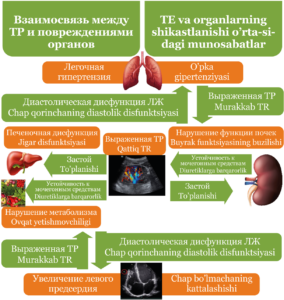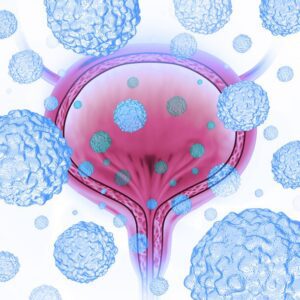cardiology today, 8th Jan 2023 Adapted from: Tilly MJ, et al. Europace. 2022;doi:10.1093/europace/euac244

Autoimmune disorders were associated with elevated atrial fibrillation risk, particularly in women, according to a study published in EP Europace.
Using UK Biobank data from 2006 to 2022, 494,072 patients without AF (median age, 58 years; 55% women) were analyzed for rheumatic fever, gastrointestinal (GI) autoimmune diseases, autoimmune diseases of the musculoskeletal system and connective tissues, and neurological autoimmune diseases. After a median of 12.8 years, 5.5% of patients were diagnosed with new-onset AF.
“We found significant associations between new-onset AF and rheumatic fever without heart involvement, GI (Crohn’s disease and ulcerative colitis) and musculoskeletal system (rheumatoid arthritis, psoriatic and enteropathic arthropathies, polyarteritis nodosa, systemic lupus erythematosus and systemic sclerosis) autoimmune diseases, with AF incidence,” Martijn J Tilly, MS, of the department of epidemiology at Erasmus MC, University Medical Center Rotterdam, the Netherlands, and colleagues wrote. “Moreover, we found evidence of significant differences between men and women in these associations.”
The researchers found that patients had higher risk for developing AF if they had rheumatic fever without heart involvement (HR = 1.47; 95% CI, 1.26-1.72), Crohn’s disease (HR = 1.23; 95% CI, 1.05-1.45), ulcerative colitis (HR = 1.17; 95% CI, 1.06-1.31), rheumatoid arthritis (HR = 1.39; 95% CI, 1.28-1.51), polyarteritis nodosa (HR = 1.82; 95% CI, 1.04-3.09), systemic lupus erythematosus (HR = 1.82; 95% CI, 1.41-2.35) or systemic sclerosis (HR = 2.32; 95% CI, 1.57-3.44).
Autoimmune disorders were associated with elevated AF risk, particularly in women.
Women presented autoimmune disorders at higher rates than men for all but ulcerative colitis and ankylosing spondylitis. Rheumatic fever without heart involvement (HR = 1.79; 95% CI, 1.45-2.2), Crohn’s disease (HR = 1.35; 95% CI, 1.05-1.73), musculoskeletal system disorders (HR = 1.51; 95% CI, 1.38-1.66), rheumatoid arthritis (HR = 1.5; 95% CI, 1.35-1.67), psoriatic and enteropathic arthropathies (HR = 2.01; 95% CI, 1.32-3.05), systemic lupus erythematosus (HR = 1.79; 95% CI, 1.34-2.4), systemic sclerosis (HR = 2.51; 95% CI, 1.64-3.85), ankylosing spondylitis (HR = 1.53; 95% CI, 1.13-2.07) and multiple sclerosis (HR = 1.37; 95% CI, 1.07-1.75) were all significant associations for new-onset AF in women.
Although the incidence rate of new-onset AF in the total population was 4.49 per 1,000 person-years, the rate was 6.25 per 1,000 person years in men and 3.08 per 1,000 person-years in women. “Autoimmune diseases are significantly associated with the risk of new-onset AF in this prospective population-based study, comprising almost half a million participants,” Tilly and colleagues wrote. “Our findings further elaborate on and contribute to the current knowledge of the pathophysiological differences in autoimmunity between men and women.”





